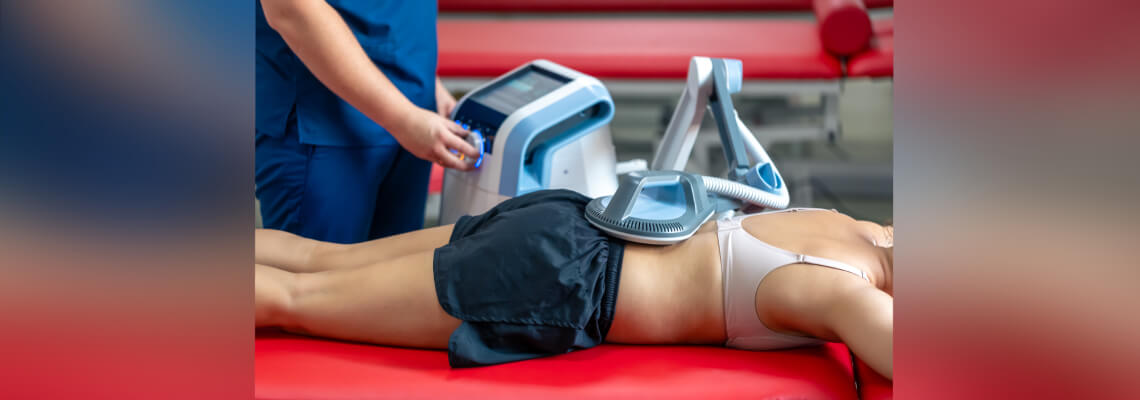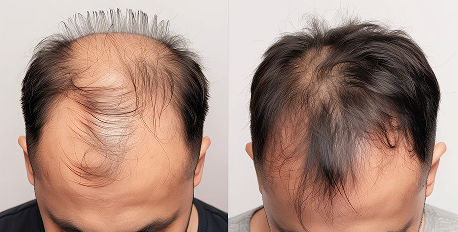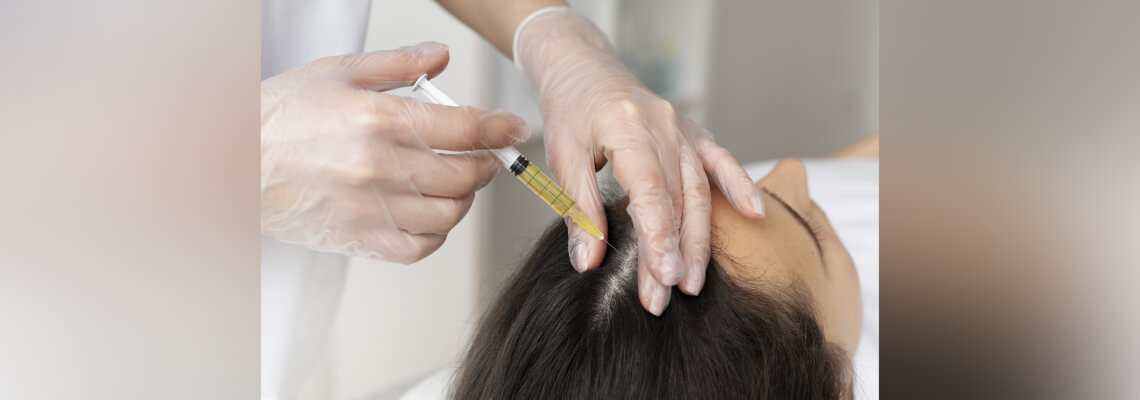From Myths to Facts: The Real Story Behind Cellulite Reduction
Cellulite is a common yet misunderstood condition that affects nearly 80-90% of women at some point in their lives, regardless of age or body type. Characterized by dimpled or lumpy skin, cellulite usually appears on the thighs, hips, buttocks, and abdomen. Despite its prevalence, myths surrounding cellulite abound, leaving many needing clarification about what causes it and how to treat it effectively. In this blog, we'll break down the most common misconceptions and present the facts about cellulite reduction, helping you make informed decisions about your skincare journey.
Understanding Cellulite: What It Is and What It Isn't
What is Cellulite?
Cellulite occurs when fat deposits push through the connective tissue beneath the skin, creating a lumpy appearance. This phenomenon is more common in women than men due to differences in fat distribution, muscle structure, and hormones. It's important to note that cellulite is not a health issue but a cosmetic concern many individuals wish to address.
Myth: Only Overweight People Get Cellulite
This is one of the most pervasive myths surrounding cellulite. Cellulite can affect individuals of all body types, whether thin, athletic, or overweight. Even supermodels and athletes may develop cellulite due to genetics, hormonal fluctuations, and skin structure.
Myth: Cellulite Is Caused by Poor Diet
While diet can affect overall skin health and fat distribution, cellulite is primarily caused by genetic and hormonal factors. Eating a healthy, balanced diet can reduce the appearance of cellulite, but it cannot eliminate it. The fibrous bands that pull down on the skin cause dimpling and are not solely affected by the foods you consume.
Common Myths About Cellulite Reduction
Myth: You Can Eliminate Cellulite With Exercise Alone
Regular physical activity is advised as a strategy to lessen cellulite's appearance. However, it's important to note that it won't entirely remove it. Incorporating a mix of strength exercises and cardiovascular workouts can be beneficial. These activities work by firming up the muscles, cutting down on fat, and boosting blood flow, all of which can make cellulite less noticeable. However, exercise does not affect the fibrous connective tissues responsible for the dimpling effect.
Fact: Exercise Helps Reduce Appearance, Not Erase It
While you can tone your muscles and reduce overall fat levels through exercise, the structural elements of cellulite (fat cells pushing against connective tissues) will still be present. In other words, exercise improves the appearance of cellulite but does not make it vanish entirely. A small study showed that weight loss reduced the severity of cellulite in most participants, particularly those who were overweight.
Myth: Tanning Hides Cellulite
Many people believe that getting a tan will mask the appearance of cellulite. While darker skin tones may temporarily make cellulite less visible, the UV damage caused by tanning can worsen cellulite in the long term by breaking down collagen and weakening skin elasticity.
Fact: Self-Tanners Provide Temporary Solutions
A self-tanner can provide a temporary fix rather than subjecting your skin to UV rays. A tan may help to camouflage cellulite by evening out skin tone, but the effect is short-lived. It does not address the underlying causes of cellulite.
Effective Treatments for Cellulite Reduction
Topical Creams and Lotions: Myth or Fact?
Numerous creams on the market promise to reduce cellulite. However, most of these products provide only temporary improvements. They cannot penetrate enough to reach the fat deposits or connective tissue. Ingredients like caffeine and retinol may have a slight firming effect but will not eradicate cellulite.
Fact: Creams Can Improve Skin Texture Temporarily
According to the American Academy of Dermatology (AAD), certain creams can help treat cellulite. The AAD highlights that using a product containing caffeine daily may diminish the appearance of cellulite by reducing cell hydration. Retinol can also improve skin texture by boosting collagen production, but these effects are superficial. For long-term cellulite reduction, you'll need more intensive treatments.
Laser Treatments: Separating Myth from Reality
Laser treatments have become a popular option for reducing cellulite. These procedures use laser energy to break down fat cells and stimulate collagen production, which helps to tighten the skin and reduce the appearance of cellulite. However, laser treatments offer temporary solutions and often require multiple sessions to achieve noticeable results.
Fact: Laser Treatments Are Clinically Proven
Laser treatments are one of the few cellulite reduction methods that have been scientifically studied and proven effective. Devices like Cellulaze, which uses laser technology, can target the structural issues that cause cellulite. However, results take time, and maintenance treatments may be necessary.
Minimally Invasive Procedures: A Look at the Options
Subcision: Myth or Fact?
Subcision is a minimally invasive procedure that involves cutting the fibrous bands that pull the skin down and cause cellulite dimpling. This procedure can offer long-lasting results by releasing these bands and allowing the skin to smooth.
Fact: Subcision is Effective for Moderate to Severe Cellulite
Subcision has been shown to reduce the appearance of cellulite for up to two years. It is particularly effective for individuals with moderate to severe cellulite. It offers a more permanent solution compared to creams and non-invasive treatments.
Radiofrequency and Ultrasound Treatments: Hype or Reality?
Both radiofrequency (RF) and ultrasound treatments are non-invasive options that use energy waves to heat the skin and stimulate collagen production. These treatments can help tighten the skin and reduce the appearance of cellulite, but, like laser treatments, they typically require multiple sessions and do not offer permanent results.
Fact: RF and Ultrasound Provide Gradual Improvements
Radiofrequency and ultrasound treatments have improved skin texture and reduced cellulite over time. They work by increasing collagen production, which leads to tighter, smoother skin. However, these treatments may not be suitable for everyone, and results vary based on the severity of the cellulite. Ultrasound can also be used to evaluate how well other cellulite treatments are working.
Conclusion
Cellulite reduction is a complex process that requires realistic expectations, lifestyle changes, and effective treatments. While no permanent solution exists to eliminate cellulite, understanding the myths and facts behind this common concern can help you make informed decisions. From topical creams to minimally invasive procedures, there are multiple ways to reduce the appearance of cellulite and achieve smoother, firmer skin. Always consult a professional to determine the best action based on your needs.
If you're looking for professional treatments, explore the DigiMEDSPA Directory to find trusted Med SPA professionals who can guide you through the best cellulite reduction options tailored to your needs.











